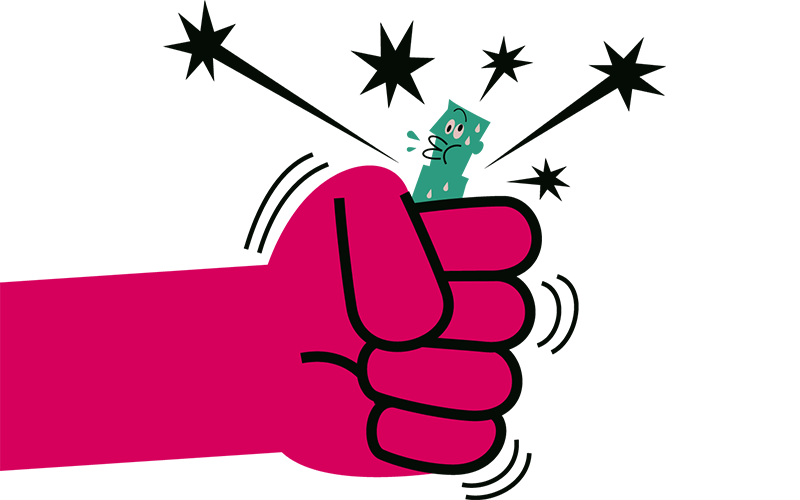Workplace bullying can have long lasting mental and physical effects on workers. Bullying can be anything from ostracizing victims to spreading rumours and betraying trust. But studies are showing that the younger generation of workers may be changing the attitudes towards workplace bullying.
Millennials (aka Generation Y) have grown up with anti-bullying campaigns in school. Because of this, they are more aware of what bullying is, its effects and how to prevent it from occurring.
“The younger generation is quite intolerant of bullying,” Dr. Gary Namie, a psychologist and co-founder of the Workplace Bullying Institute, told Forbes.com. “We’ve found they’re less likely to believe they have to continue to stay in that environment. Many know they’ll hold multiple jobs in their lifetime, so they’re quick to get out of a bad situation [compared to the older generations].”
In time, Namie says, the intolerance to bullying will trickle down to other generations as companies face employee turnover from it.
Dspite the rise of Internet trolling and reputation damage through social media, Dr. Namie says the internet has actually had a positive impact on the case against workplace bullying. Online forums dedicated to sharing stories have generally been supportive, he says. A whopping 72% of people surveyed had never heard of “workplace bullying” before reading the term online.
Employers have a duty to address bullying, preferably before it begins, with employee training.
“Employers have the power to nip bullying in the bud,” Namie said. “I’m always surprised when small companies don’t address a bully. If you have six employees and one is a bully, that’s a significant percentage of your workforce that’s unhappy. In a bigger company, one bully out of a hundred wouldn’t make as big a dent.”
A survey by the Workplace Bullying Institute found that only six per cent of businesses said their organizations had a defined policy enforceable against bullying.
The WBI offers these suggestions for addressing workplace bullying:
1.) Define what is workplace bullying at your company. Have a firm commitment that it is unacceptable. Use company-specific illustrations to define it. “Clearly state what it is and what it’s not,” says Dr. Namie.
2.) The target must show the consequences of the bullying. Work-related consequences of the bullying like absenteeism and drop in productivity are just as important and quantitative as impact on health.
3.) Enforce procedures to tackle it. An informal, pre-emptive measure could be to facilitate team training on anti-bullying. A formal procedure would be to insist on “restorative rather than punitive” action. “Even the bully should be treated with dignity as they get counseled,” says Dr. Namie.
4.) In other words: don’t have a zero-tolerance policy; find ways to create a culture of inclusion.
ILScorp offers two anti-bullying courses – one for employees, another for employers. These online workplace bullying courses can be an important part of your workplace bullying policy. Visit www.ilscorp.com for more info or call us at 1-800-404-2211 to get started.





I was harrassed and bullied by three out of 6 coworkers. i reported it to management and nothing was done. I lost sllep and was stressed on the job which resulted in errors. I was physically threatened and reported it on a Saturday and was dismiissed becaused mangement believed my co worker. I filed a lawsuit agaisnt this company and am waiting for my day in court.